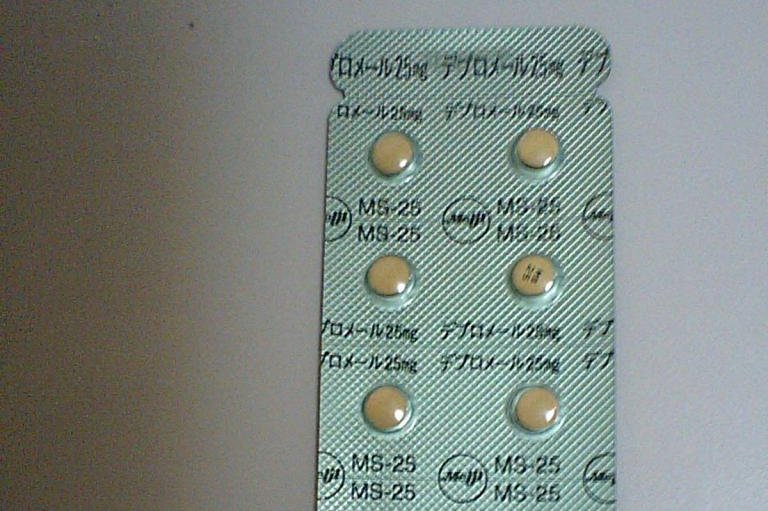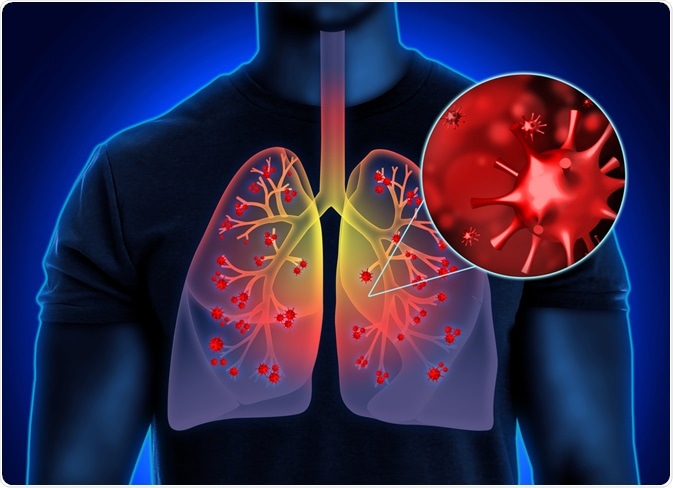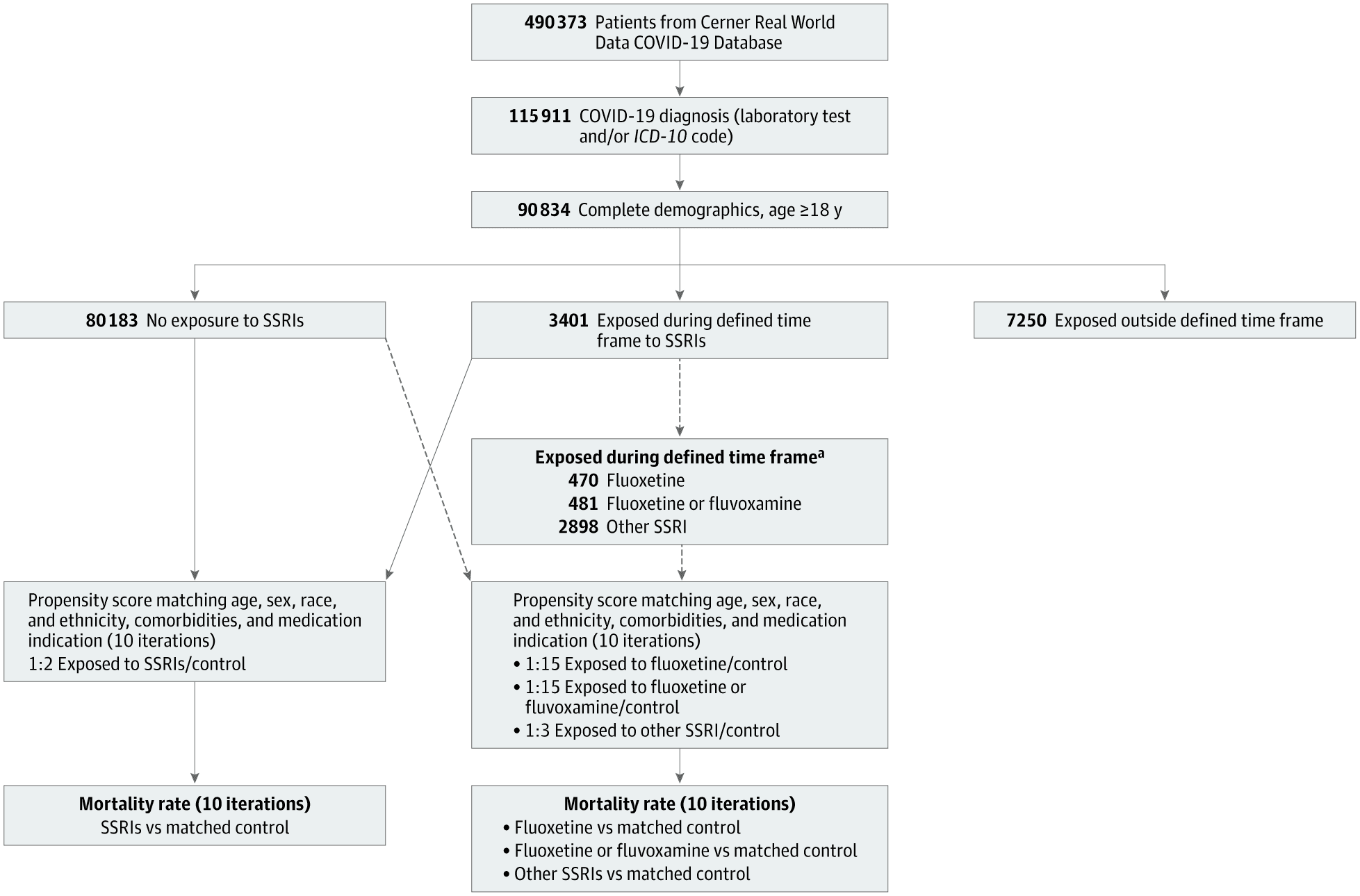aquila2009
Member
- Joined
- Jul 2, 2021
- Messages
- 76
We live in a clown world

 www.upi.com
www.upi.com

Anti-depressant may boost recovery in people with severe COVID-19, study finds - UPI.com
The anti-depressant drug fluvoxamine reduces the risk for prolonged hospital stays in people with severe COVID-19, a clinical trial published Wednesday by the Lancet found.
 www.upi.com
www.upi.com



